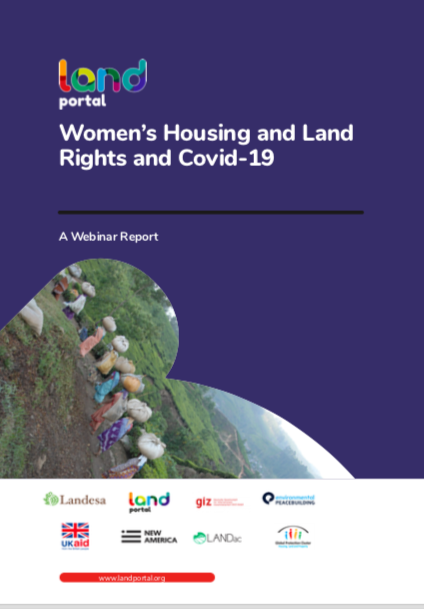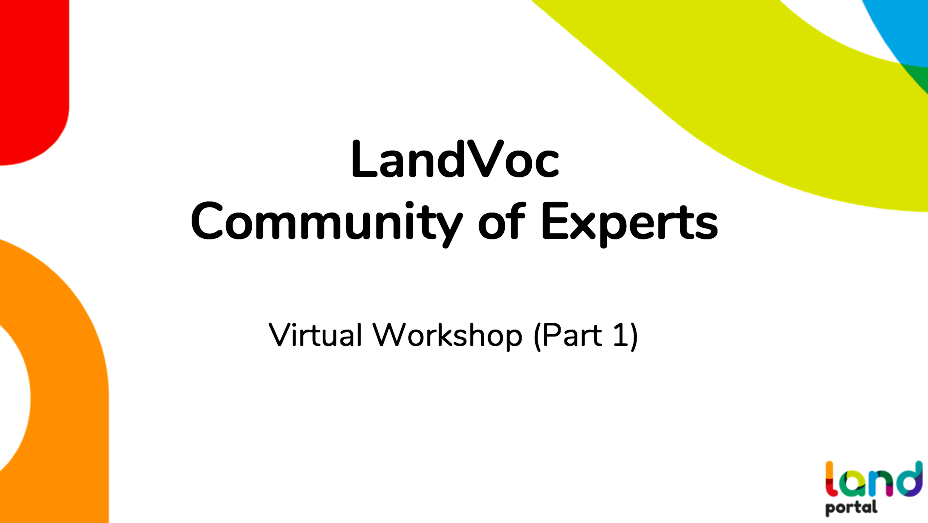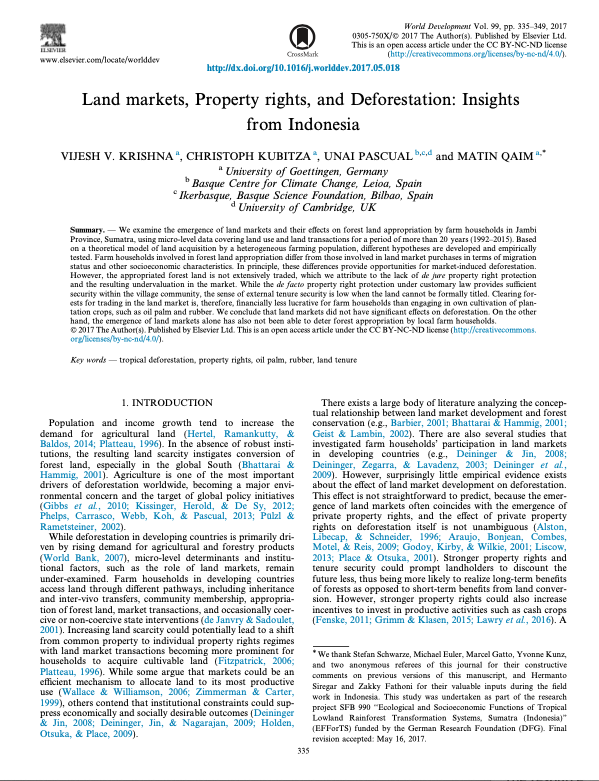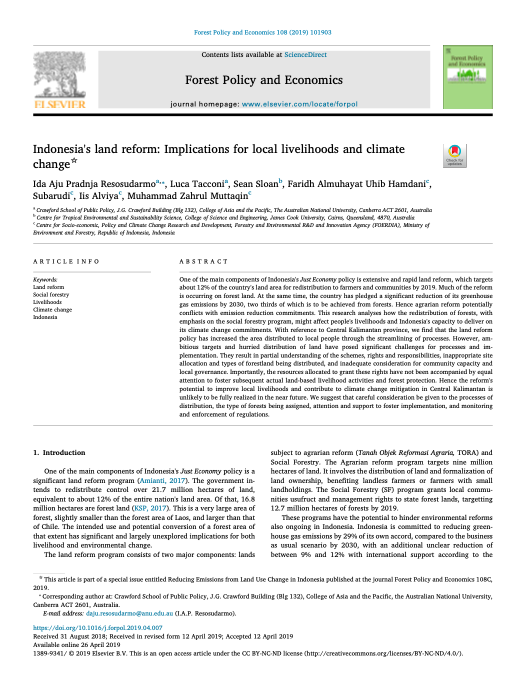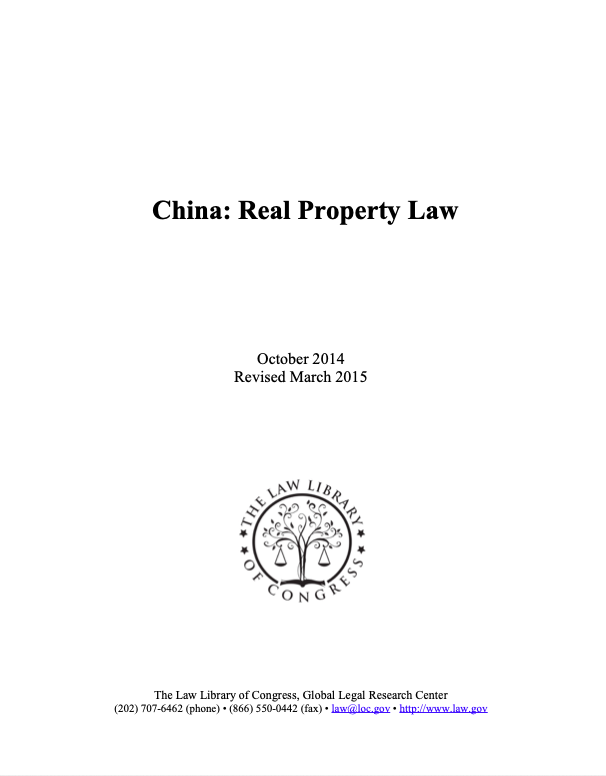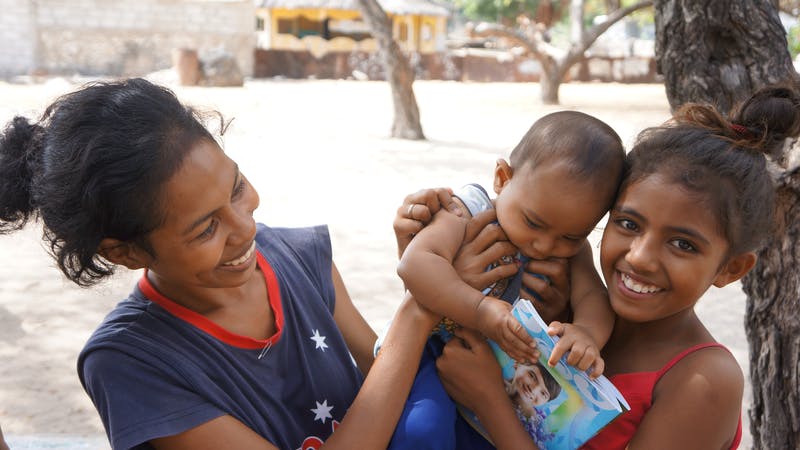Water and Services Case Judgment
The Pietermaritzburg High Court handed down a precedent setting judgment on the case against local municipalities for their failure to provide farm dwellers and labour tenants with access to water, adequate sanitation and refuse collection.

